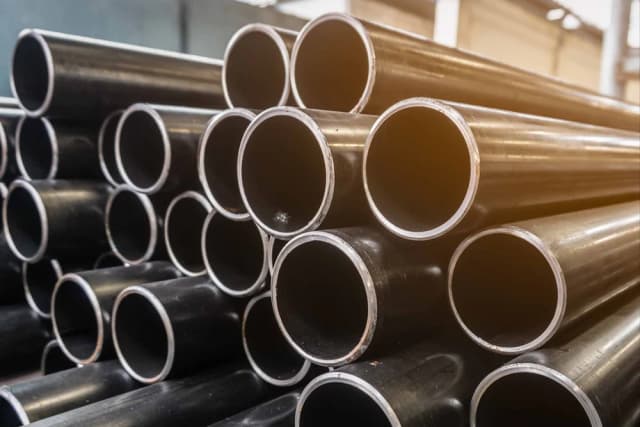B.S. steel specifications cover a wide range of materials, including carbon and alloy steel plates, forgings for boilers and pressure vessels, high-strength low-alloy steels, and heat-treatable steels. They also encompass standards for steel pipes and tubes designed for various applications, including high-temperature service, fire protection, and refinery use.

This group of B.S. specifications covers carbon and alloy steel plates and forgings used in boilers and pressure vessels, high-strength low-alloy steels, heat-treatable steels, spring steels, sheets, and strips. This article also contains standards for various types of steel pipes which specify requirements for high-temperature service, ordinary use, and special applications such as fire protection use. Specifications for steel tubes list standard requirements for boiler and superheater tubes, general service tubes, steel tubes in refinery service, heat exchanger and condenser tubes, mechanical and structural tubing. Steel casting specifications call out the standard properties for pressure purposes. Standards for tool steels, stainless, heat-resisting and valve steels are also presented.
The most common BS steel standards are listed below, but if you do not find the grade you require please contact our experienced sales team
Tool Steel
Stainless Steel
Alloy Steel
Carbon Steel
Cast Iron
Non Ferrous (Aluminium, Brass, Copper, Phosphor Bronze)
